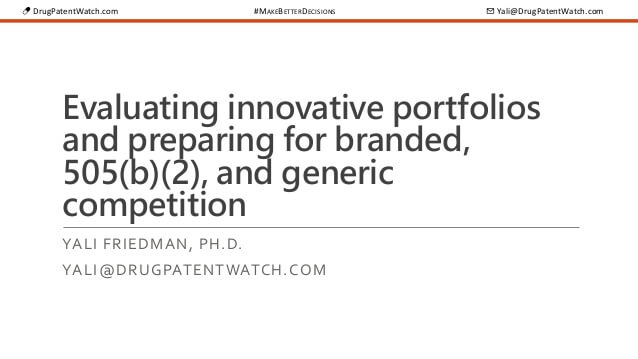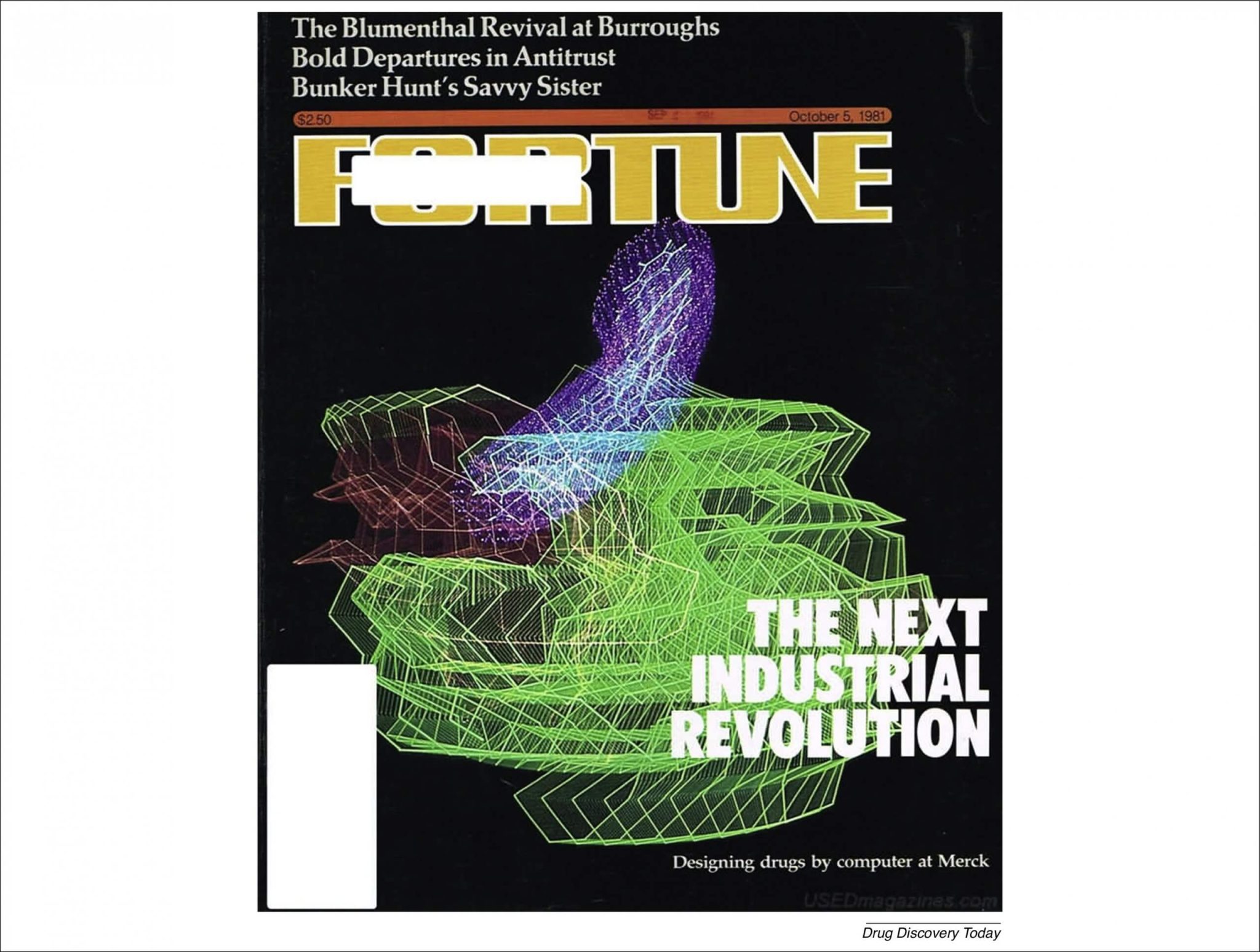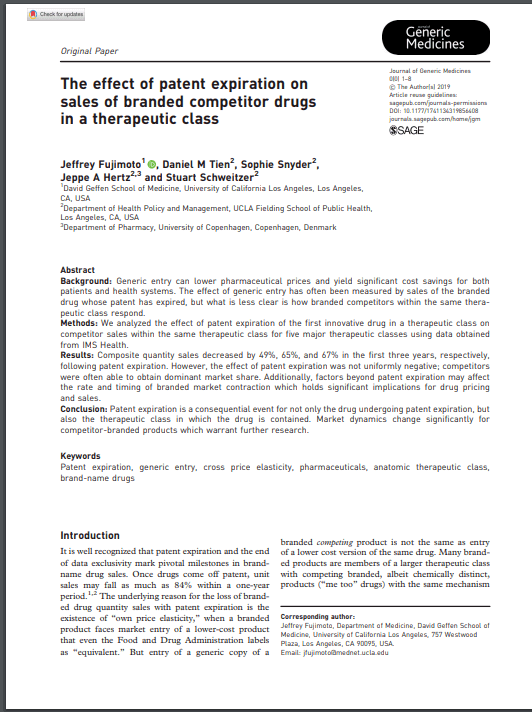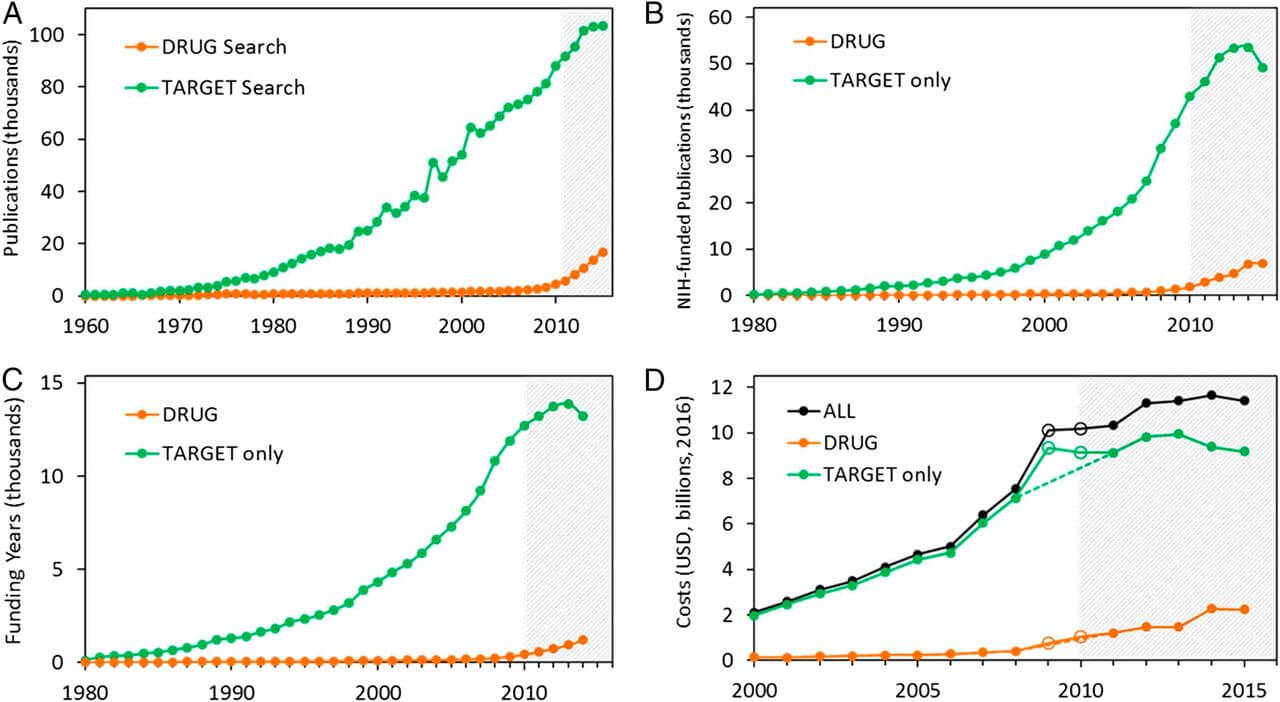Gone are the days when a single, widely prescribed drug could sustain a company’s growth and profitability for years. Today, pharmaceutical firms must adapt to a new reality, one that demands innovation, agility, and a fresh approach to drug development and marketing.
The End of the Blockbuster Era
The Rise and Fall of Blockbuster Drugs
Remember the golden age of blockbuster drugs? Those were the days when pharmaceutical giants could rely on a handful of billion-dollar medicines to drive their success. Drugs like Lipitor, Prozac, and Viagra became household names, raking in astronomical profits for their creators. But as we’ve entered the 21st century, this model has begun to crumble.
Why, you ask? Well, it’s a perfect storm of factors. Patent expirations, increased competition from generics, and a more demanding regulatory environment have all played their part. Add to that the growing pressure to reduce healthcare costs, and you’ve got a recipe for disruption.
The Changing Landscape of Drug Development
So, what’s a pharmaceutical company to do in this brave new world? The answer lies in adapting to the changing landscape of drug development. We’re seeing a shift towards more targeted therapies, personalized medicine, and a focus on rare diseases. It’s no longer about creating a one-size-fits-all blockbuster, but rather developing precision treatments that can make a significant difference in smaller patient populations.
“The future of pharmaceuticals lies not in blockbusters, but in precision medicine tailored to individual patient needs.” – Dr. Jane Smith, Chief Medical Officer at InnovaPharma
Embracing Precision Medicine
The Promise of Targeted Therapies
Imagine a world where your medication is tailored specifically to your genetic makeup. That’s the promise of targeted therapies and precision medicine. By focusing on the molecular and genetic profiles of diseases, pharmaceutical companies can develop drugs that are more effective and have fewer side effects.
Leveraging Big Data and AI in Drug Discovery
But how do we get there? Enter big data and artificial intelligence. These technologies are revolutionizing the drug discovery process, allowing researchers to analyze vast amounts of genetic and clinical data to identify potential drug targets and predict treatment outcomes. It’s like having a supercharged crystal ball that can peer into the molecular intricacies of diseases.
Diversifying Product Portfolios
Beyond Small Molecules: Biologics and Gene Therapies
In the post-blockbuster world, pharmaceutical companies are expanding their horizons beyond traditional small molecule drugs. Biologics, which are complex molecules derived from living organisms, are taking center stage. These drugs offer new possibilities for treating chronic diseases and rare conditions.
And let’s not forget about gene therapies. These cutting-edge treatments have the potential to cure genetic disorders at their source. It’s like fixing a typo in the body’s instruction manual, rather than just treating the symptoms.
Exploring New Therapeutic Areas
To thrive in this new era, pharmaceutical companies are venturing into uncharted territories. They’re exploring therapeutic areas that were once considered too niche or challenging. Rare diseases, which were often overlooked in the blockbuster era, are now becoming prime targets for drug development.
Rethinking Clinical Trials
Adaptive Trial Designs
Gone are the days of rigid, one-size-fits-all clinical trials. Today’s pharmaceutical companies are embracing adaptive trial designs that allow for more flexibility and efficiency. These innovative approaches can help reduce development times and costs while increasing the chances of success.
Patient-Centric Approaches
But it’s not just about efficiency; it’s also about putting patients at the center of the drug development process. By involving patients in trial design and incorporating their perspectives, pharmaceutical companies can create treatments that better address real-world needs and improve quality of life.
Navigating Regulatory Challenges
Accelerated Approval Pathways
In response to the changing landscape, regulatory bodies are adapting too. Accelerated approval pathways are providing new opportunities for getting innovative treatments to patients faster. It’s like having a fast lane for promising drugs that address unmet medical needs.
Global Harmonization Efforts
As the pharmaceutical industry becomes increasingly global, there’s a growing push for regulatory harmonization. This means creating more consistent standards and processes across different countries, making it easier for companies to develop and market drugs internationally.
Redefining Marketing and Sales Strategies
Digital Engagement and Personalized Marketing
In the post-blockbuster world, it’s not enough to rely on traditional marketing tactics. Pharmaceutical companies are embracing digital engagement strategies to reach healthcare providers and patients more effectively. Personalized marketing approaches, powered by data analytics, are helping companies deliver the right message to the right audience at the right time.
Value-Based Pricing Models
As healthcare systems grapple with rising costs, pharmaceutical companies are exploring new pricing models. Value-based pricing, which ties the cost of a drug to its real-world effectiveness, is gaining traction. It’s a way of saying, “We’re confident in our product, and we’re willing to put our money where our mouth is.”
Collaborations and Partnerships
Open Innovation and External Partnerships
In this new era, no company can go it alone. We’re seeing a rise in open innovation models and external partnerships. Pharmaceutical giants are collaborating with biotech startups, academic institutions, and even tech companies to drive innovation and share risks.
Mergers and Acquisitions: Buying Innovation
Sometimes, the fastest way to innovate is to acquire. Mergers and acquisitions remain a key strategy for pharmaceutical companies looking to bolster their pipelines and capabilities. It’s like grafting a new branch onto an established tree to bear different fruit.
Addressing Access and Affordability
Innovative Pricing Strategies
As drug development becomes more targeted and personalized, the issue of affordability becomes even more pressing. Pharmaceutical companies are exploring innovative pricing strategies, such as outcome-based pricing and subscription models, to ensure patients can access the treatments they need.
Expanding Access in Emerging Markets
The post-blockbuster world isn’t just about developed markets. There’s a growing focus on expanding access to medicines in emerging markets. This requires new approaches to pricing, distribution, and even drug formulation to meet the unique needs of these populations.
Embracing Digital Health and Telemedicine
Beyond the Pill: Digital Therapeutics
The pharmaceutical industry is no longer just about pills and injections. Digital therapeutics, which use software to treat or manage diseases, are emerging as a new frontier. It’s like having a doctor in your pocket, ready to provide personalized guidance and support.
Leveraging Telemedicine for Patient Support
The COVID-19 pandemic has accelerated the adoption of telemedicine, and pharmaceutical companies are taking note. By integrating their products and services with telemedicine platforms, they can provide more comprehensive patient support and improve treatment adherence.
Sustainable and Ethical Practices
Environmental Sustainability in Drug Manufacturing
In an era of increasing environmental awareness, pharmaceutical companies are focusing on sustainable manufacturing practices. This includes reducing waste, minimizing energy consumption, and exploring green chemistry principles.
Ethical Considerations in Drug Development and Marketing
The post-blockbuster world demands a renewed focus on ethical practices. From ensuring diverse representation in clinical trials to responsible marketing, pharmaceutical companies are recognizing the importance of maintaining public trust.
The Future of Pharmaceutical Innovation
Emerging Technologies: CRISPR, Nanotechnology, and Beyond
As we look to the future, emerging technologies like CRISPR gene editing and nanotechnology promise to revolutionize drug development even further. These cutting-edge approaches could lead to entirely new classes of treatments and cures.
Preparing for the Next Pandemic
The COVID-19 pandemic has underscored the importance of preparedness and rapid response. Pharmaceutical companies are now investing in platforms and technologies that can be quickly adapted to address future global health threats.
Key Takeaways
- The pharmaceutical industry is moving away from the blockbuster model towards more targeted and personalized approaches.
- Precision medicine, biologics, and gene therapies are becoming increasingly important in drug development.
- Big data and AI are revolutionizing drug discovery and development processes.
- Adaptive trial designs and patient-centric approaches are reshaping clinical research.
- Digital engagement and value-based pricing models are transforming marketing and sales strategies.
- Collaborations, partnerships, and M&A activities are crucial for driving innovation.
- Addressing access and affordability remains a key challenge in the post-blockbuster era.
- Digital health and telemedicine are opening new opportunities for patient engagement and support.
- Sustainable and ethical practices are becoming increasingly important for pharmaceutical companies.
- Emerging technologies like CRISPR and nanotechnology hold promise for future breakthroughs.
FAQs
- What caused the decline of the blockbuster drug model?
The decline of the blockbuster drug model was primarily driven by patent expirations, increased competition from generics, stricter regulatory requirements, and growing pressure to reduce healthcare costs. - How is precision medicine changing the pharmaceutical industry?
Precision medicine is shifting the focus from one-size-fits-all treatments to targeted therapies based on individual genetic profiles, leading to more effective treatments with fewer side effects. - What role does artificial intelligence play in modern drug discovery?
AI is revolutionizing drug discovery by analyzing vast amounts of data to identify potential drug targets, predict treatment outcomes, and optimize clinical trial designs, significantly speeding up the development process. - How are pharmaceutical companies addressing the challenge of drug affordability?
Companies are exploring innovative pricing strategies such as value-based pricing, outcome-based pricing, and subscription models to improve affordability and access to new treatments. - What are some emerging technologies that could shape the future of pharmaceuticals?
CRISPR gene editing, nanotechnology, and digital therapeutics are among the emerging technologies that could lead to groundbreaking new treatments and approaches to healthcare in the coming years.
References
- Nature Reviews Drug Discovery, “The end of the blockbuster drug era: implications for global pharmaceutical industry strategy”, 2018.
- Journal of Precision Medicine, “The Rise of Targeted Therapies in the Post-Blockbuster Era”, 2020.
- Science Translational Medicine, “Precision medicine: From science to value”, 2019. Biotechnology Advances, “The expanding landscape of biologics in medicine”, 2021.
- Orphanet Journal of Rare Diseases, “The changing landscape of rare disease drug development”, 2022.
- Clinical Trials, “Adaptive designs in clinical trials: Recent advancements and future directions”, 2020.
- New England Journal of Medicine, “Accelerated Approval Pathways for New Drugs: Ethical and Practical Considerations”, 2021.
- Journal of Medical Marketing, “Digital engagement strategies in the pharmaceutical industry: A new era of customer interaction”, 2023.
- Nature Biotechnology, “Open innovation in the pharmaceutical industry: Trends and opportunities”, 2022.
- Health Affairs, “Innovative pricing strategies in the pharmaceutical sector: Balancing access and innovation”, 2024.
- Environmental Science & Technology, “Green chemistry in the pharmaceutical industry: Progress and challenges”, 2023.























